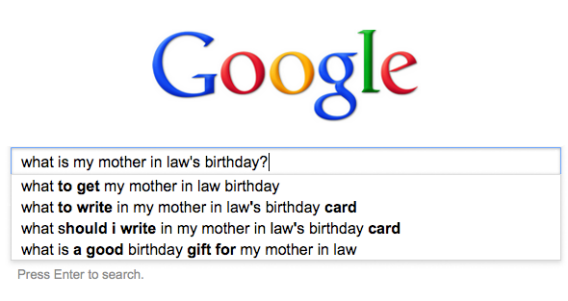Are We Losing the Art of Remembering Things Because of Google?
“Why remember it when I can just Google it?”
In today’s digital world, this is practically a motto. Need a recipe? Google it. Forgot a historical fact? Google it. Can’t recall the actor in that movie you watched last week? Google’s got you. Again.
But with so much information at our fingertips, a deeper question is emerging:
Are we forgetting how to remember?
The Google Effect (It’s Real!)
Psychologists have actually studied this — it’s called the Google Effect (or digital amnesia). The idea is simple:
When we know we can easily access information later, we’re less likely to remember it now.
Our brains are becoming better at remembering where to find information than the information itself. In other words, we don’t store knowledge — we store links.

But Is That Bad?
Not necessarily. Offloading memory can free up mental space for creativity, problem-solving, and deeper thinking.
It’s the same reason we invented writing thousands of years ago — to record information and free our minds. Google is just a 21st-century extension of that.
What We Might Be Losing
- Mental exercise: Memorizing helps strengthen your brain, like lifting weights for your mind.
- Context and understanding: Quick Googling gives us answers, but not always depth.
- Focus: Constant switching between tabs and searches can reduce our attention span and ability to retain anything long-term.
And let’s be honest — sometimes we Google the same thing multiple times… and still forget it.

Final Thought
No, memory isn’t dying. But it is evolving.
We’re trading memorization for navigation — storing less in our heads and more on our screens. The challenge is to stay intentional, so that we don’t lose the joy (and brainpower) of truly knowing something.
Because sometimes, the best answers are the ones you don’t need to Google..